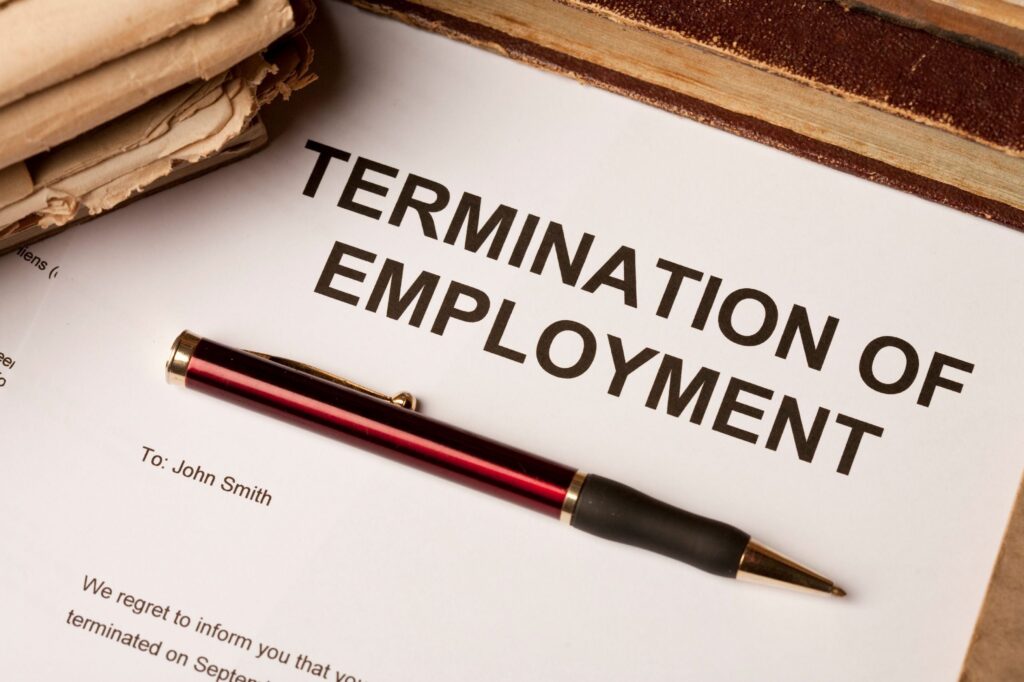Thankfully, the majority of employment relationships run smoothly. Still, it’s only the luckiest of employers who don’t encounter an issue that requires disciplinary action.
Disciplinary processes tend to deal with misconduct issues or poor employee performance. The disciplinary procedure can be a difficult and stressful experience for everyone involved.
Here, we look at the legal obligations surrounding disciplinary proceedings.
Completing a formal disciplinary procedure
A formal disciplinary procedure typically follows a five-step process beginning with a verbal warning.
If the disciplinary issue persists, it may be necessary to issue a written warning. A final written warning will follow, and if necessary, dismissal.
Verbal warnings
A verbal warning may seem like an informal first step. But it is important to remember that it’s the first step on the formal disciplinary process. You must therefore ensure this initial action adheres to the principles of natural justice and fair procedures.
Firstly, arrange a meeting with the employee in question. Advise them that they have the right to bring a colleague or other representative (a union representative for instance). Explain the issue you have with their conduct or performance and provide them with a right of reply.
Once the meeting has concluded, you should draft a letter based on the outcome of the meeting. If the allegation is well-founded, confirm in the letter that a verbal warning has been issued. Outline that failure to improve or stop the behaviour complained of, within a specified timeframe (three to six months), will trigger the next stage of the disciplinary process.
First written warnings
Issue the first written warning within the monitoring period set out in the letter confirming the verbal warning. Again, invite the employee to a meeting, explain the nature of the problem, and provide a right of reply.
Issue the written warning which should include details of:
- The performance or disciplinary issue.
- How the employee can improve their performance or behaviour.
- The sanctions that may follow if there’s no improvement within three months.
Second written warnings
If the employee has not improved their behaviour or performance within the three-month period specified in the first written warning, you may issue a second written warning.
Not all employers issue a second written warning. You may also choose to issue a first written warning and then proceed to issuing a final written warning.
Final written warnings
If the poor performance or behaviour persists, a final written warning should follow.
It’s important to confirm in the final written warning that dismissal is the next step in the process if the employee transgresses again within the monitoring period.
It’s also important to ensure this letter is well drafted as it may be later examined by the employee’s legal advisor.
Dismissal
If the employee shows no improvement within the monitoring period set out in the final written warning, you will likely need to proceed to dismissal. Arrange a meeting and notify the employee of the right to bring a representative.
Explain that the issues haven’t improved over the course of the entire disciplinary process. Thus, you’re left with no option but to dismiss the employee in accordance with the terms of the disciplinary policy.
It’s vital to provide the employee with:
- A letter confirming the dismissal.
- The right to appeal the decision.
- Any time limits on the right to appeal.
- Information on how to initiate an appeal.
If you terminate an employee without following these steps, your business could be exposed to the risk of an expensive employee claim in the Workplace Relations Commission (WRC).
Need further advice on disciplinary processes?
If you need further advice on running a disciplinary process, speak to an expert now on 01 886 0350 or request a callback here.








